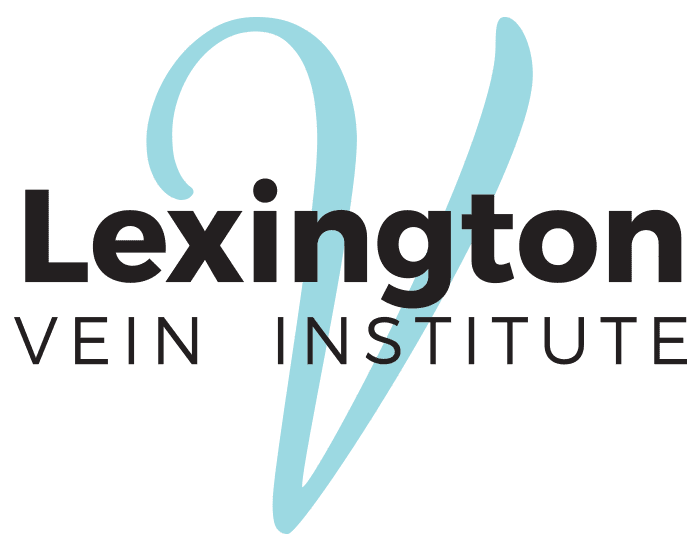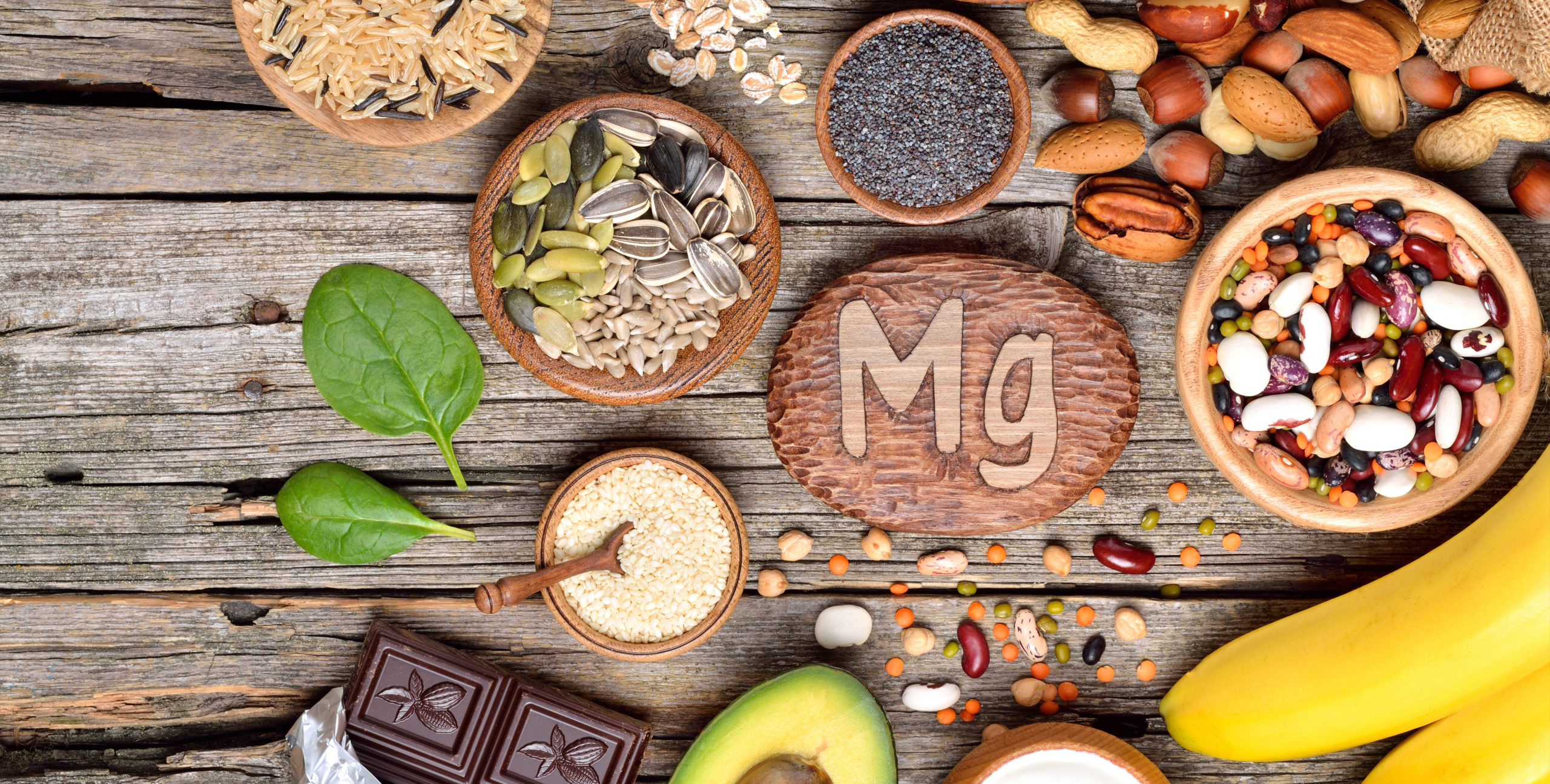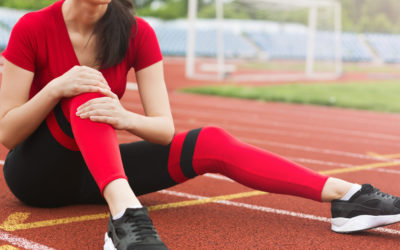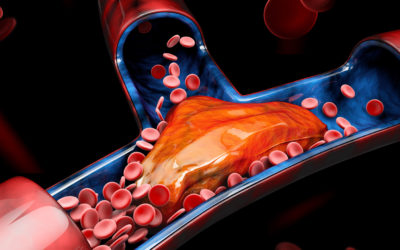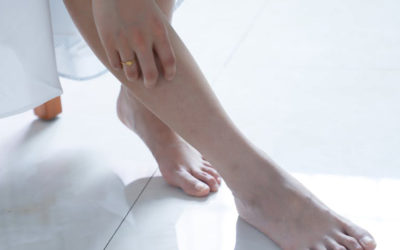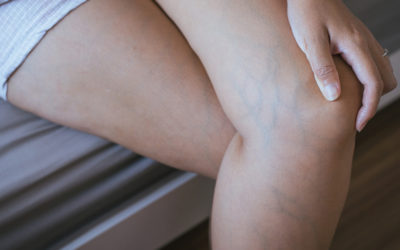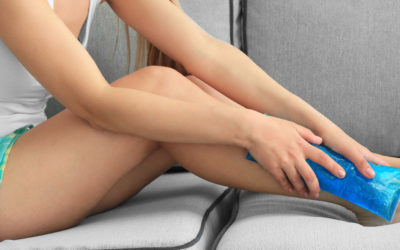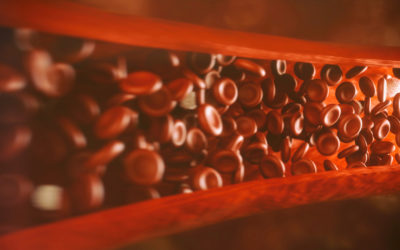Patients who suffer from restless leg syndrome (RLS) actively seek remedies for the twitching as well as cramping that keeps them up at night. If you are one of the thousands of Americans who deal with RLS on a nightly basis, you’ve possibly come across several alternative therapy options such as magnesium supplements.
Magnesium is a naturally-occurring mineral in several common foods, including whole grains, green leafy vegetables, nuts, and baked potatoes. You can also buy magnesium supplements. Magnesium is important for many bodily functions, ranging from heart health to energy production.
Magnesium is also important for sleep regulation. This is due to the fact that it balances the amount of calcium in our cells. In fact, excessive calcium in the muscle cells can trigger muscle contractions and spasms similar to symptoms of RLS. Consequently, appropriate magnesium levels act as a barrier against unwanted calcium levels in the body, enhancing muscle relaxation and sleep quality.
Does magnesium fully cure restless leg syndrome? Although there have been some studies suggesting that magnesium provides RLS patients relief, magnesium will not treat the condition if there are other factors causing RLS, such as varicose veins.
What is causing your RLS?
A 1998 study published in the journal Sleep reported that 10 people suffering from periodic limb movements during sleep (PLMS) and moderate RLS slept better after taking magnesium supplements. However, you must only take magnesium supplements after consulting with your doctor, as it might interfere with other medications you have been prescribed.
Your doctor will also want to do a complete medical evaluation to learn what may be triggering your restless leg syndrome. RLS has been attributed to several conditions, including iron deficiency, diabetes, and heredity. Treating those conditions can bring about relief from RLS symptoms. In some cases, RLS has no link to an underlying medical issue and is known as primary RLS.
RLS & Varicose Veins
Several studies have highlighted a connection between RLS and varicose veins. When the subjects in these studies were treated for varicose veins, their RLS symptoms greatly diminished. Therefore, if you suffer from RLS and also have varicose veins, consulting with a vascular specialist about the different treatment options for your bulging veins could help you get an uninterrupted slumber. Today’s varicose vein procedures are done on an outpatient basis, require little to no anesthesia, and allow you to resume your normal activities after a short recovery period.
Restless Leg Syndrome Treatment in Lexington, KY
If you are seeking treatment for restless leg syndrome in Lexington, KY, Lexington Vein Institute can help. Your vein health is a critical component of your overall well-being. At Lexington Vein Institute we specialize in treating venous insufficiency with the latest in surgical and non-surgical methods. If you are suffering from unpleasant sensations, or having the urge to move your legs and can’t fall asleep, contact us today for an appointment.
